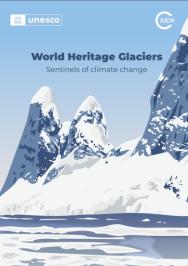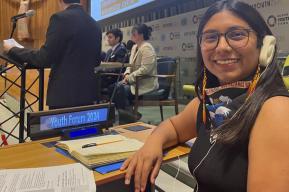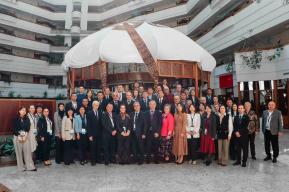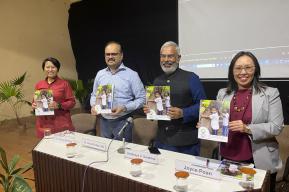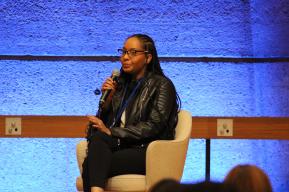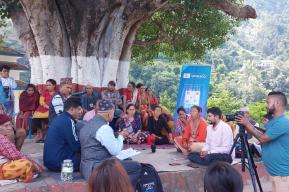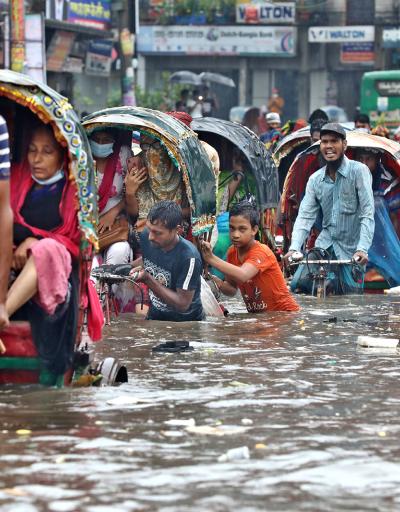
Climate Change
Climate change is one of the defining issues of our time. Over 30 UNESCO programmes in the sciences, education, culture and communication contribute to creating knowledge, educating and communicating about climate change, and to understanding the ethical implications for present and future generations.
UNESCO’s Action on Climate Change
UNESCO aims to help Member States, in collaboration with UN bodies, to mitigate and adapt to climate change, to educate for sustainable development in the context of climate change, to assess the risks of natural disasters due to climate change, and to monitor the effects of climate change on UNESCO designated sites (e.g. World Heritage sites, biosphere reserves and UNESCO Global Geoparks). These sites promote low carbon economies, for instance through the sustainable use of renewable energy sources.
The complexities involved require enhanced progress in providing education, public awareness and training for societies around the world to better understand, mitigate and adapt to climate change. Such progress will create an informed citizen, a knowledgeable workforce and enlightened government officials.
Climate change is increasingly recognized as the driver of biodiversity change with the most rapid increase in impacts and related cascading effects on human livelihoods. Loss and degradation of biodiversity, such as forests, is also an important driver of climate change. Through the ecosystem services it supports, biodiversity makes an important contribution to both climate change mitigation and adaptation, providing the basis for efforts to reduce the negative effects of climate change.
The importance of the ocean to global climate change cannot be underestimated. The ocean regulates our climate and captures almost a third of our carbon emissions. Whether caused by increasing greenhouse gases, coastal pollution, overfishing, coastal development or increasing population pressure, the world’s ocean, coasts and marine ecosystems are undergoing great changes.
Evaluation of UNESCO’s Strategy for Action on Climate Change (2018-2021)
In summer 2021, UNESCO’s Internal Oversight Service (IOS) completed an Evaluation of UNESCO’s Strategy for Action on Climate Change (2018-2021). The evaluation assesses the relevance, coherence and effectiveness of the Strategy in allowing UNESCO to support Member States in tackling climate change, including through a deeper analysis of concrete activities undertaken in the field through the Harare, Jakarta and Kingston Offices. This short video highlights some of the key findings and recommendations.
- Full report (pdf)
- Summary (pdf)
- Short video
Latest news

Stories

While these sites represent less than 1% of the world’s oceans, they host at least 21% of the world’s blue carbon ecosystem area, and 15% of the world’s blue carbon assets.
Publications
